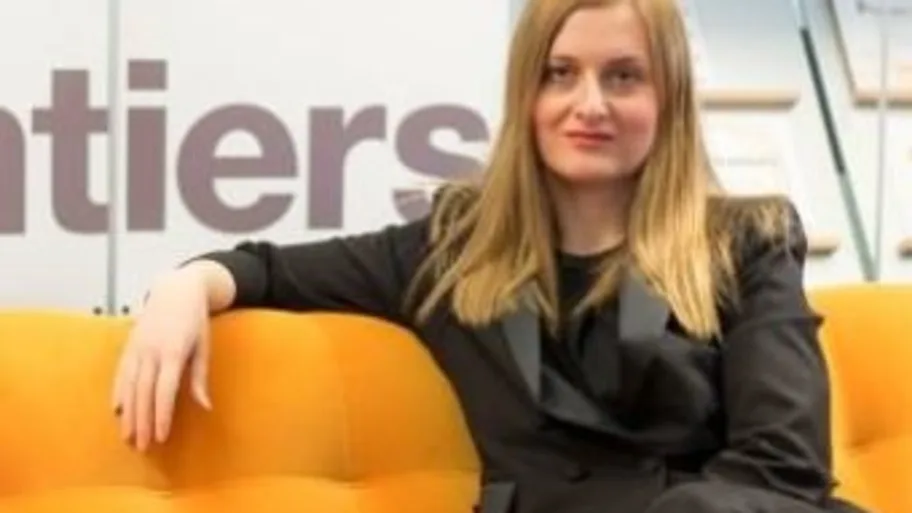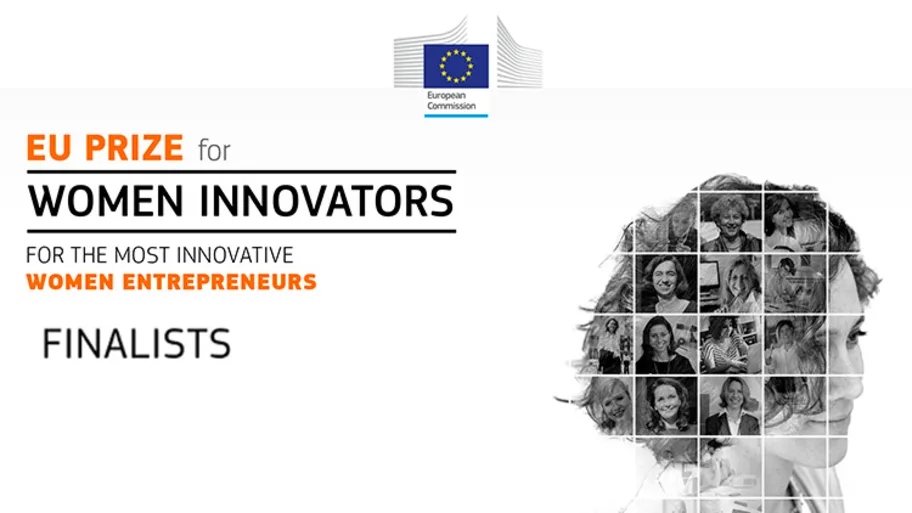
- Science News
- Frontiers news
- Frontiers CEO part of Forum 100
Frontiers CEO part of Forum 100

Kamila Markram Chercheuse en neurosciences, cofondatrice et CEO de Frontiers, 40 ans © Fabio Massimo Aceto
Kamila Markram, CEO and co-founder of Frontiers, has been named in L’Hedbo’s Forum 100 list. Each year the magazine names 100 innovators from French-speaking Switzerland.
Kamila Markram, as well as being the CEO of Frontiers, is a neuroscientist and autism researcher. In 2007 she co-founded Frontiers, the open access scientific publisher, with her husband Henry Markram. Their mission is to open up the flow of research knowledge by creating impact-neutral peer reviews while publishing research rapidly and making it openly accessible to all. Kamila’s goal and continuous push for innovation fit perfectly with the theme of the 12th edition of the Forum 100, which was ‘Un monde de nouvelles frontières’ – ‘a world of new frontiers’ looking at globalization.
“With 2 million research articles published each year and growing, the traditional system of delaying valid research articles for years in rejection cascades and behind subscription paywalls is dysfunctional and not aligned with the needs of the research communities and society,” explains Kamila. “We started Frontiers because we felt that researchers need to be empowered in taking publication decisions, and that all bias or political decisions in deciding whether a paper is published should be removed so that innovation can happen democratically and faster.”
With its own in-house team of developers, Frontiers has evolved the scholarly publishing industry by releasing a series of unique digital services. It was the first publisher to build a Digital Editorial Office, the first to develop a real-time Collaborative Review Forum and the first to launch Article Level Metrics to allow instantaneous tracking of readership of an article and the first to build online profiles for authors and editors to increase transparency and recognition in the publishing process.
Through continuous innovation, Frontiers already has become the publisher of some of the largest and most cited journals in the world. Their 55 journals span across 430 specialty fields from neuroscience and engineering to the social sciences and psychology.
“Globalization has opened up new markets, but increasingly more citizens in Europe and elsewhere are skeptical of the benefits of erasing borders. The migration crisis is destabilizing the Old Continent. Populist movements are electoral havoc, and the temptation of nationalist reaction is fashionable,” L’Hebdo says. “What can the economy and culture do to strengthen local identity, while preserving our openness to the world?”
The Forum brings together personalities from all walks of life from scientists to comedians. It seeks to encourage debate on issues critical to the future of Switzerland, particularly in the French-speaking region, and that of neighboring countries.






